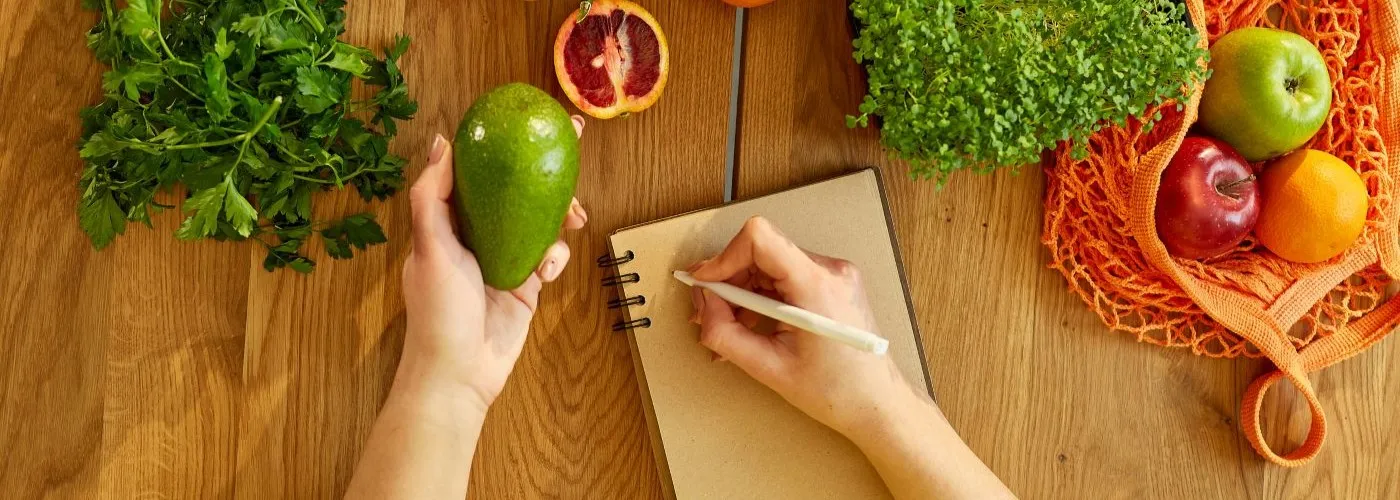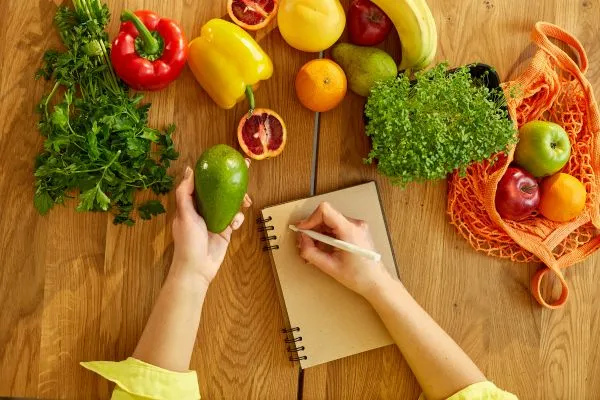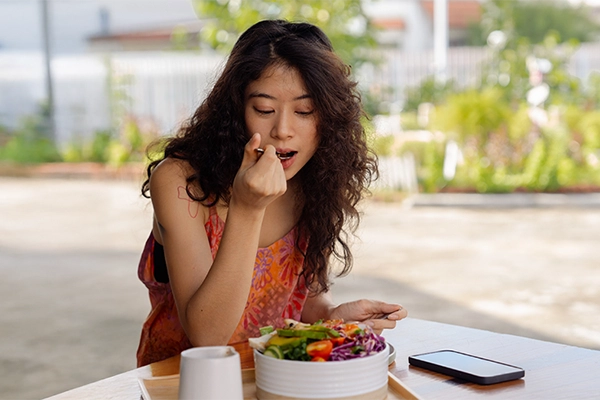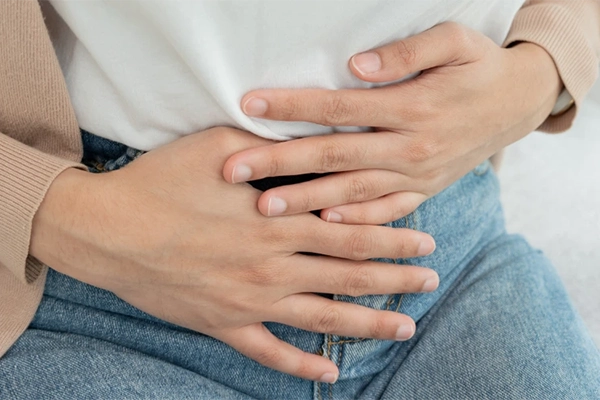Topics
Gastroenteritis, often referred to as the stomach flu, is a common condition that affects both adults and children in Malaysia. This illness causes symptoms such as vomiting, diarrhoea, and abdominal cramps, often leading to dehydration. Proper dietary management is crucial in aiding recovery, reducing discomfort, and replenishing lost fluids and nutrients.
The World Health Organization (WHO) highlights that appropriate nutrition and hydration are essential in preventing complications such as severe dehydration. This article outlines key dietary considerations for individuals suffering from gastroenteritis and offers guidance on foods to consume and avoid during the recovery process.
Understanding the Effects of Gastroenteritis on the Body
Gastroenteritis causes inflammation of the stomach and intestines, leading to digestive distress. Symptoms typically include nausea, vomiting, diarrhoea, and stomach cramps, which can result in the loss of essential fluids and electrolytes. Children under five years of age are particularly vulnerable to dehydration due to gastroenteritis, making careful dietary choices even more important. While symptoms usually subside within a few days, managing food and fluid intake appropriately can support faster recovery and prevent further strain on the digestive system.
Recommended Foods for Gastroenteritis Recovery
During recovery, it is important to consume foods that are gentle on the stomach and help restore lost nutrients. The following options support digestion and hydration while minimising irritation to the gut:
-
Clear Broths and Soups
Light broths, such as chicken or vegetable broth, are easily digestible and provide hydration alongside essential nutrients. These foods can help replace lost fluids and electrolytes without placing undue stress on the digestive system.
-
Bananas
Bananas are an ideal choice due to their high potassium content, which helps restore electrolyte balance. They are also part of the BRAT diet (Bananas, Rice, Applesauce, and Toast), a well-known dietary approach for gastrointestinal issues.
-
Rice and Plain Toast
Low-fibre foods such as plain rice and toast are easy to digest and help absorb excess stomach acid. They provide energy without aggravating the digestive tract.
Foods to Avoid During Gastroenteritis
Certain foods can exacerbate symptoms and prolong recovery. It is advisable to steer clear of the following:
-
Dairy Products
Gastroenteritis may lead to temporary lactose intolerance, making dairy products such as milk and cheese difficult to digest. Consumption can result in bloating and increased discomfort.
-
Fatty and Fried Foods
Foods that are high in fat are harder to digest and may worsen nausea and diarrhoea. Fried foods, in particular, can aggravate symptoms due to their oil content.
-
Spicy Foods
Spicy ingredients, such as chilli, can irritate the digestive tract, leading to increased inflammation and discomfort.
Maintaining Hydration During Gastroenteritis
Replenishing lost fluids is a critical aspect of gastroenteritis management, as dehydration can occur rapidly due to persistent vomiting and diarrhoea. Hydration strategies include:
-
Oral Rehydration Solutions (ORS)
ORS are formulated to replace lost fluids and electrolytes effectively. These solutions contain a balanced mix of salts and sugars that enhance fluid absorption and prevent dehydration.
-
Water and Electrolyte-Rich Drinks
Regular water intake is essential, alongside drinks rich in electrolytes to restore sodium and potassium levels. Small, frequent sips can help prevent further digestive distress.
Frequently Asked Questions
-
How long does recovery take with the right diet?
Most individuals recover within three to five days with proper nutrition and hydration. However, recovery times can vary depending on the severity of symptoms and overall health.
-
Can dairy be consumed after gastroenteritis?
It is advisable to reintroduce dairy products gradually, as some individuals may experience temporary lactose intolerance following recovery.
-
Should solid foods be avoided in the early stages?
Initially, it is recommended to consume clear fluids and bland foods, such as rice and bananas, to avoid straining the digestive system.
-
Are antibiotics required for treatment?
Antibiotics are generally unnecessary for viral gastroenteritis. However, bacterial infections may require medical evaluation and treatment.
Schedule an Appointment at Gleneagles Hospital
If you are experiencing symptoms of gastroenteritis or require expert medical advice, consult a specialist at Gleneagles Hospital. Appointments can be scheduled through our website or via the MyHealth360 application, available on Google Play Store and Apple App Store. Our experienced gastroenterology team is dedicated to providing comprehensive care and supporting your recovery.








